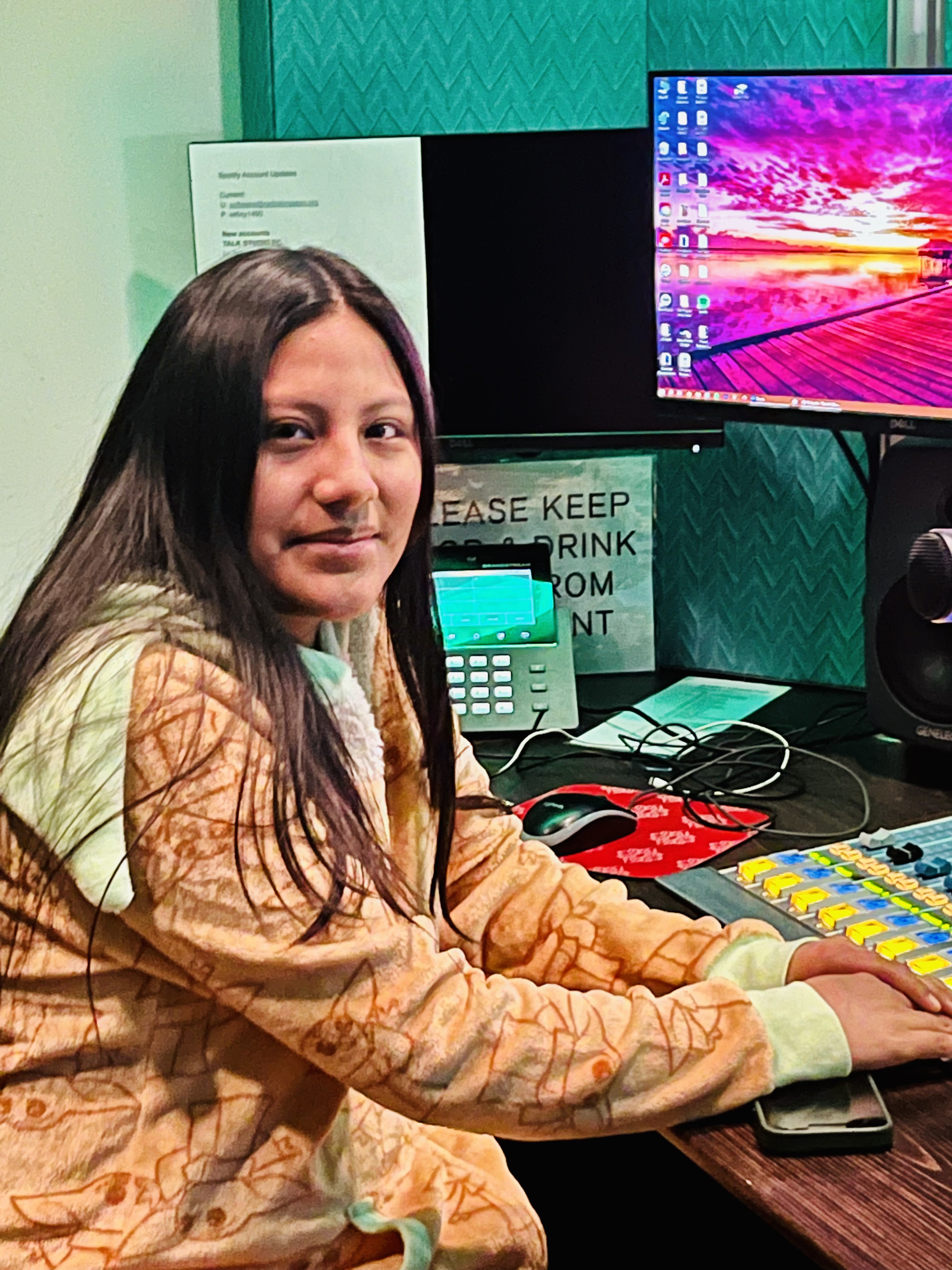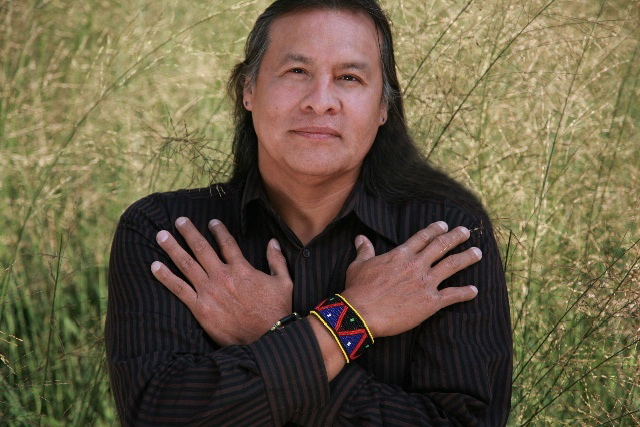
Listen now
REBECCA ADAMSON www.firstpeoplesworldwide.org and PHILLEMON NAKALI LOYELEi (Nyangatom tribal member from Ethiopia’s South Omo River Valley) testified on May in Washington D.C. at the Tom Lantos Human Rights Commission with Rep. James McGovern, D-Mass., chairing the second of an unprecedented series of meetings on Indigenous Peoples worldwide. The session was devoted to Indigenous Peoples of Africa. Loyelei critized the dam’s devastating impact on Indigenous tribes in the Omo River Valley. Few of them have full information about the dam, and none were consulted at any stage of planning and construction. The Ethiopian government has repressed criticism of the project, and Loyelei himself testified at risk of retaliation. The World Bank halted its own review of the project’s funding application due to a lack of transparency. The government-endorsed dam would be among the largest in the world, with a water reservoir to match. Financed by foreign investors, it will generate power for neighboring states. But well ahead of its scheduled completion in 2013 or 2014, downstream Indigenous tribes already blame the dam for reduced water flow in the Omo River. This compounded the effects of a drought in 2009 and 2010, according to Loyelei and accounts in Western media. The drought-reduced flow meant Omo flood waters submerged less ground than usual, reducing arable land for planting. Loyelei confirmed that drought became famine and Indigenous people died of it. “In Ethiopia, we are afraid.” There is no Democracy there, he said, and anyone contacting the U.S. Embassy would be marked out for attention from the government – as Loyelei himself has been. (Since the May 12 hearing, Loyelei has been granted political asylum in the United States.) DARLENE PIPEBOY Contact: 605.932.3628 Washington D.C. - A federal judge, in response to a motion on behalf of the Department of the Interior, has granted permission for Interior officials to begin communicating with class members on land trust consolidation provisions of the Cobell Settlement agreement. The Department will soon publish a Federal Register notice announcing its intent to begin formal government-to-government consultations with tribal leaders. Interior expects the land consolidation consultations to begin by late-summer. The Cobell settlement was approved by Congress on November 30, 2010 (Claims Settlement Act of 2010) and signed by President Obama on December 8, 2010. Interior officials have been under a longstanding court imposed prohibition from communicating with Cobell class members while the litigation continues. Judge Hogan’s order allowing for communication between the parties states that, “This case has materially changed since the date of any other order that have prohibited such communication. The case’s posture now compels the Court to grant the motion.” The $3.4 billion Cobell Settlement will address the Federal Government’s responsibility for trust accounts and trust assets maintained by the United States on behalf of more than 300,000 individual Indians. A fund of $1.5 billion will be used to compensate class members for their historical accounting, trust fund and asset mismanagement claims. Many "trust fund account and land holders disagree" and question the "violations of informed consent" and are asking the court for "permission to speak on the fairness of the settlement" - such as Canadian Dakota allottees who were un-informed (Historical Accounting Class) and cannot opt out, object to the $1billion Trust land Consolidation Fund to purchase "fractionated" land (another taking of land) and Indian Education Scholarship Fund (is a treaty entitlement) among others.
Production Credits

Karen Ramirez
Studio Engineer
Tiokasin Ghosthorse (Lakota)
Host, Executive Producer & Audio Editor
